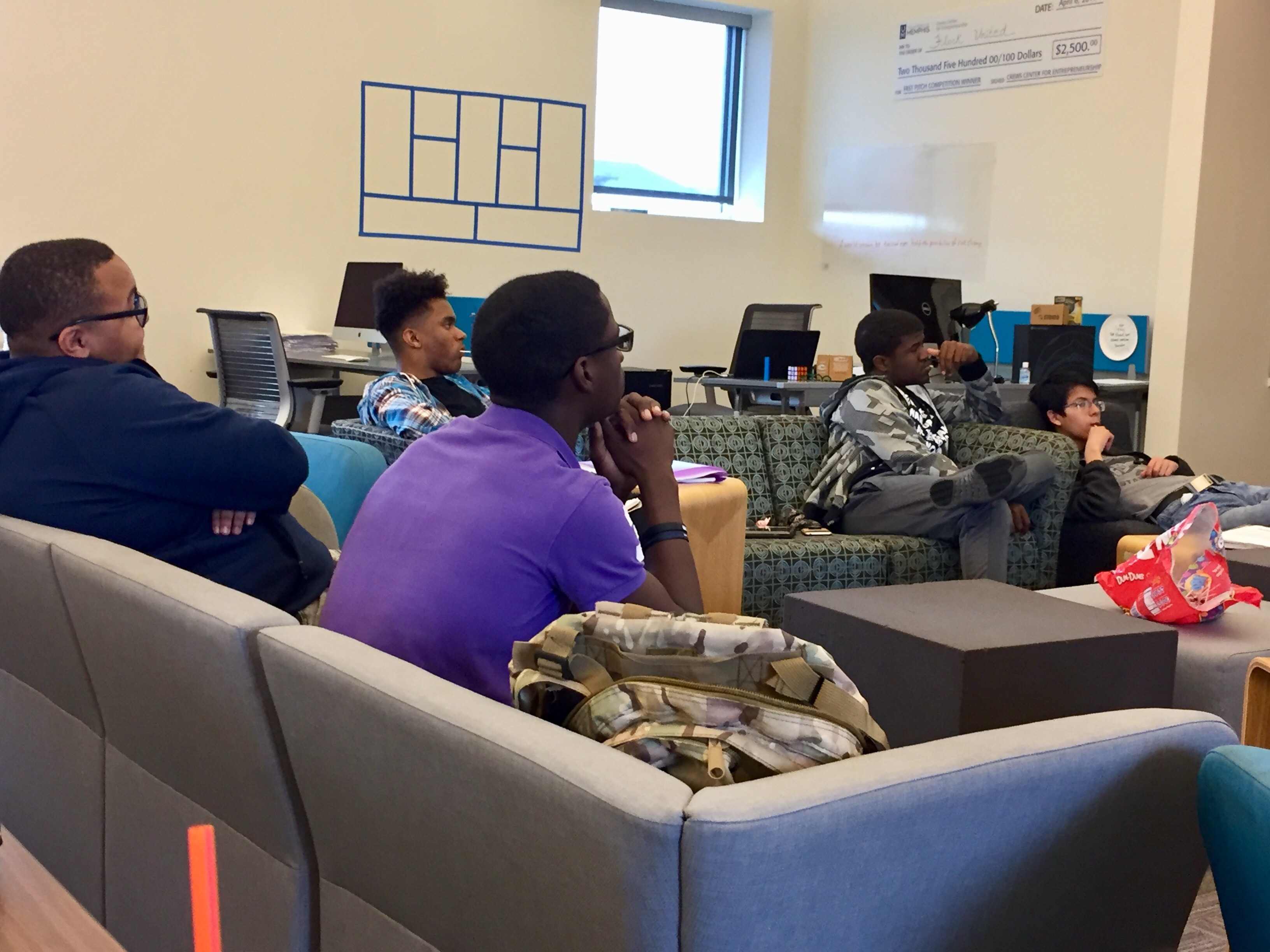
Any given Sunday.
Are you a compulsive fashionista shopping on serious budget? Or a healthy eater who wishes you could know for sure your produce is pesticide free? Do you wish some ambitious person would solve all your problems for you? You may be in luck — eventually. LITE Memphis is growing a crop of problem-solving young entrepreneurs and there’s an even bigger problem they’re looking to fix: Memphis’ persistent racial wealth gap, discussed more thoroughly in this week’s Memphis Flyer cover story, “Coin Flip: Wealth, Poverty and Race in Memphis — Myths and Misconceptions.”
It’s a sleepy Sunday afternoon in the University of Memphis area. The busiest place seems to be the Highland Street Goodwill where there’s a 75-percent-off, special tag sale.
Brunch crowds at Brother Juniper’s have dissipated; the strip’s empty.
From the street, the university’s Crews Center for Entrepreneurship looks to be locked up. Inside, the center’s buzzing with activity. Along the walls and in the corners people are typing at work stations. Throughout the room, whiteboards are being decorated with business plans, formulas for success, and words of inspiration. In the center of it all a nervous young woman is trying out a pitch.
“My name is Chelsi, I’m 17 years old and I created Church Me because I want to see young people get involved with their church community,” she concludes before collapsing into herself like a puppet whose strings were just snipped. “It’s still way to fast, isn’t it?” she asks, laughing at herself. A patient coach nods, showing her the exact time on a stopwatch. They work together on content-building and confidence.
LITE Memphis invests in teenagers with an eye toward closing the racial wealth gap
Elsewhere in the room, coaches like LITE program assistant Sophis Fils-Aime work one-on-one with students or lead group sessions. Fils-Aime, for example, shows several students ways to make their pitches more persuasive with PowerPoint. She does so while talking about how students are sometimes required to submit work by email and projecting a card from a previous student’s project showing how 26% of American households don’t have internet connections. Students — all of whom are developing small businesses — take notes and ask questions.
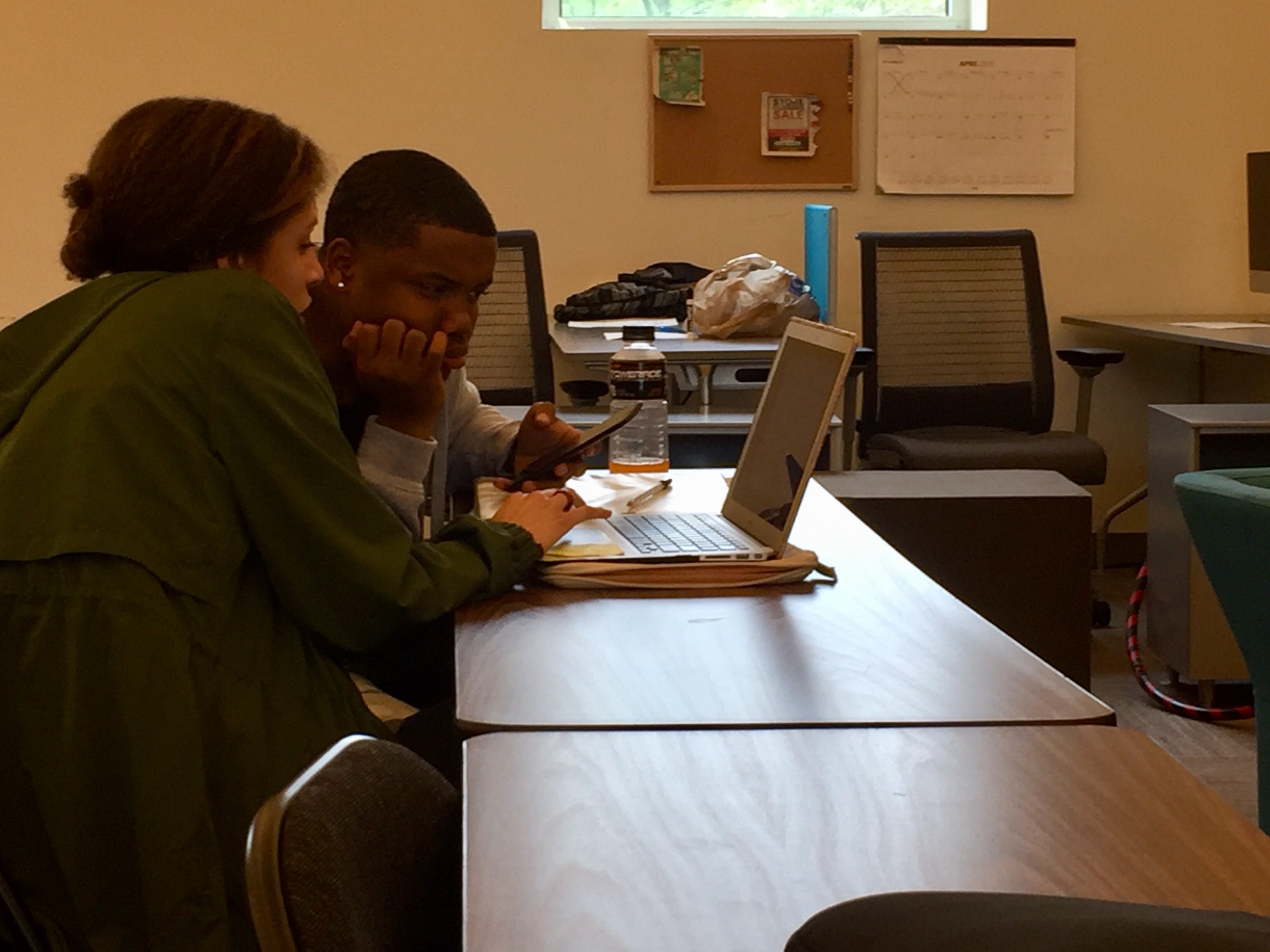
Any given Sunday…
In some ways LITE is like other business incubators and accelerators that exist to mentor and support startup businesses. But where the organization departs from the standard formulas makes all the difference. LITE’s focus is on teenagers and young adults. They commit to working with participants until the age of 25, assisting them with market research, micro-loans, and prototyping money. These things make the award-winning organization something to watch. So does its official vision as paraphrased by executive director Pamela Urquieta: “We’re trying to close the racial wealth gap by giving people of color access to networks and capital.”
“Networks and capital are two of the biggest barriers that any minority in Memphis is really struggling with,” she adds.
“A lot of the students don’t know what it looks like to be a business owner,” Outreach assistant Alexandra Thompson continues. “They don’t have family members in the business community. So, we show them what it means and give them tools.”
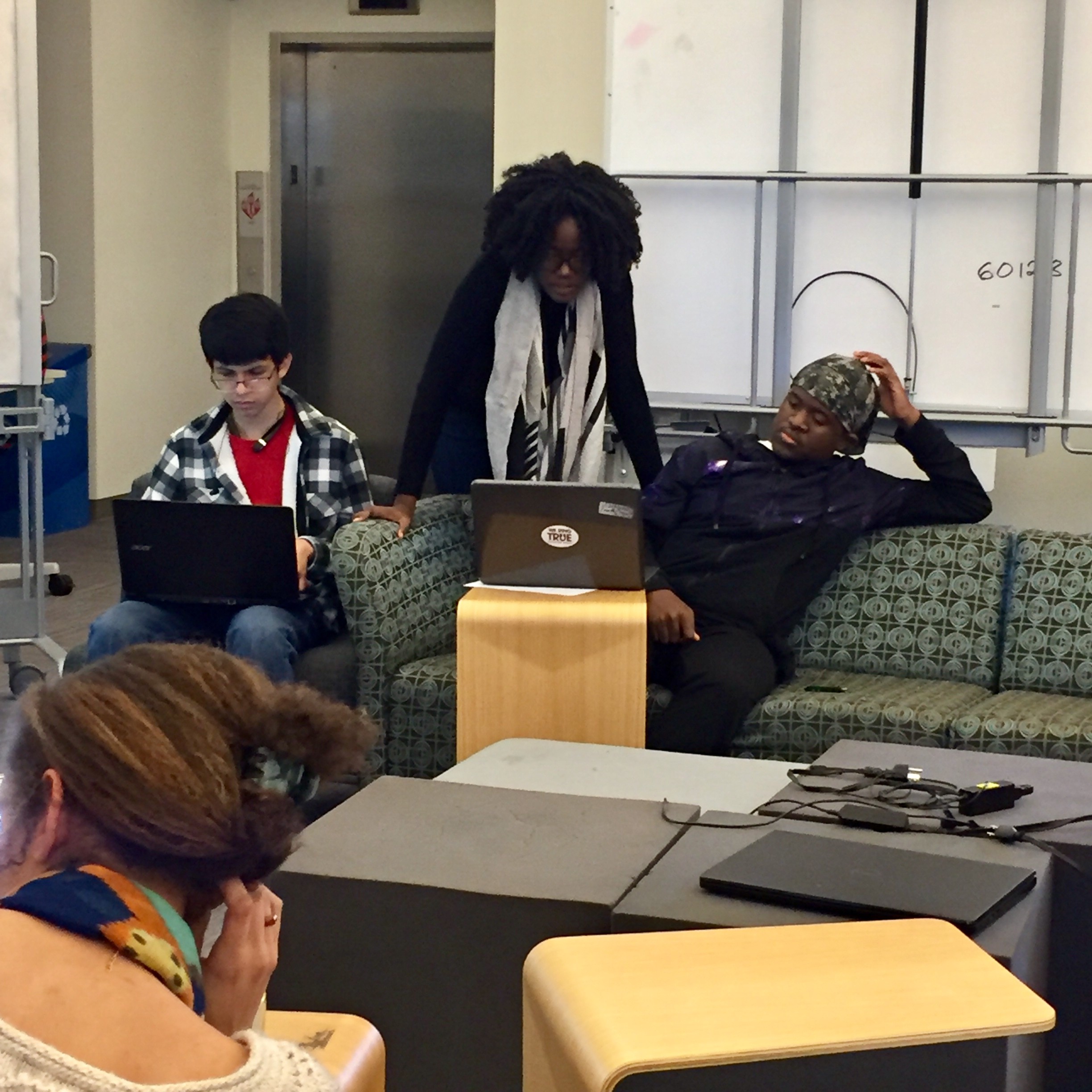
Any given Sunday…
LITE’s intensive high school program lasts six months. Then, the students transition and become “innovation fellows.” They move from learning how to start a business to learning how to scale it and grow. In the best cases, it becomes on-the-job training.
This is a busy time for LITE. On Thursday, May 3rd, LITE students will pitch bright ideas to a full house at Clayborne Temple competing for a $2,500 prize to invest in their businesses. One of LITE’s innovation fellows is also launching a new business that Urquieta describes as, “very exciting.”
The students are encouraged to think local — to ask how they can improve the world they personally know — and to think big. One student with an interest in agribusiness is developing a product inspired by fingernail polish designed for women to test drinks for date-rape drugs. The new product, still in the early stages of development, would let consumers test foods for pesticides.
This week (with $10,000 raised with LITE’s help) White Station grad and DePaul University student Talia Owens is launching a startup. Her business is called Laude and it was designed to help people on strict budgets and a burning need for high end fashion accessories get the Coach bag of their dreams.
Here’s what Owens had to say about LITE, Laude, and the future.
Q&A with LITE innovation fellow Talia Owens
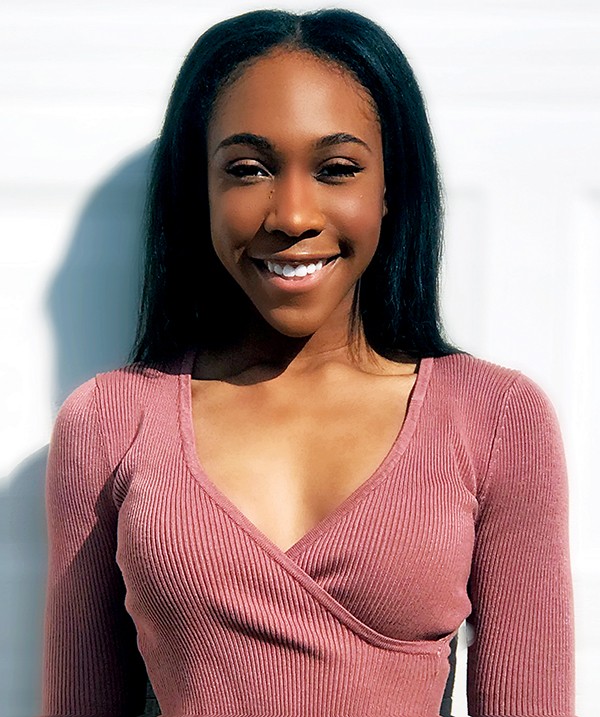
Talia Owens, LITE fellow and sophomore at DePaul University
Memphis Flyer: Before we talk about your business, tell me a little about you?
Talia Owens: I was born and raised in Memphis in the Cordova area but went to White Station High School all four years through the optional program. Before I did LITE or was even interested or introduced to the whole world of entrepreneurship, I was active in sports. I did gymnastics and cheer and tae kwon do. I also did theater in high school. So, in high school I was thinking I wanted to be an actress but that wasn’t the best plan of action.
Why not?
I got into theater as a hobby but, obviously, I thought this was nothing I could do long-term. So, I started thinking about other fields. So, I had a law internship. I thought maybe I wanted to be an attorney. But then I got the law internship and I realized it wasn’t for me. So, I kept struggling with what I wanted to do. I thought about (public relations) and advertising. And, then, I took a coding class at White Station and I fell in love with coding. So, my life changed again.
Are you doing coding in college?
So, now I’m at DePaul University in Chicago. I’m studying interactive and social media and computer science — app development, web development, that kind of thing.
So related stuff.
Yeah. And I don’t want to just be a person who works a job and have a 9-to-5. I want to create jobs. So, that’s what led me to my project, now. It’s this round-about way of me thinking I wanted to do one thing and then another.
How do you mean?
In high school I changed my mind five different times during the four years about what I want to do. And I learned it’s okay to not know what you want to do. I still don’t know what I want to do. I’m pursuing this business. It’s a fashion and ecommerce brand but I’m in school for coding and web development. They go hand-in-hand but I’m kind of riding a wave of uncertainty. I can live with that. That’s me right now.
And now you’re in college and not in Memphis but still working with LITE.
I go to DePaul University. And I was at a DePaul University cheerleader this year. Which is cool because I hadn’t cheered since middle school. I didn’t think I was going to make the team, and I did and I was, like, “Wow, that’s interesting!” That wound up becoming a big part of my life because I recently wound up having a big injury with cheer. It’s kind of affected a lot of what I’ve been doing lately and my school work. I’m still trucking along. I’m not going to let a spine injury get me down.
Spine injury? Ouch.
No, I’m fine now. We didn’t know what was wrong. I started having really bad back problems at practice. I’m a flyer so I was flying and tumbling. During this game I’m running on the floor and everything is televised and I’m running on the court and all of a sudden everything in my lower left side from the hip down goes numb. I can’t feel my leg. I know something’s wrong but we have to go. So I go to the trainers and they think it’s probably just a pinched nerve or something. So, I go to the doctor I’m thinking everything is fine. I’m in pain but I’m still practicing because it’s nationals season. And I go to the doctor and they’re like, “You’re out for the season. And maybe even the next season.” And I’m like, “What?” And they’re like, “Yeah, you fractured your spine.” I’m like, “Oh, okay.” So, it’s been a long process going through recovery. It did affect my school work and business stuff for a month and kind of slowed me down a little bit because the pain was a little unbearable. But I’m definitely fine now. Life throws a lot of crazy things at you.
But now you’re about to launch Laude, your company.
We’ve been through a lot of different trials. But we are launching. I’m making the site live next weekend on Sunday which I’m really excited about. I can tell you a little more about the brand and how it came to fruition and how I thought of this idea.
That would be great, please do.
So, obviously I went through the LITE program and they were offering us an opportunity to create a business and get grants in order to help us form the business. I’ve always been a little bit interested in the world of fashion, especially luxury fashion. Also, I wanted to do something that had a tech side to it.
That makes sense.So, I’m in a sorority here at DePaul. And how my idea came to fruition is I had a sister who basically spent all her rent money that her parents gave her for a bag. She comes in one day and she’s showing off his bag and I’m like, “How did you go buy a $3,000 bag?” And she’s like, “I used part of my rent money and my parents are really really mad. They’re sending me more rent money, but I had to get this bag.” And I said, “Well, that’s dumb. Like, you have to live somewhere, you know?” And she was like, “Yeah, I know. But I had all the money in front of me and I just wanted the bag and I’ve never had all the money together like that before. So, I just kind of did it.” So, I started thinking about how, for a lot of girls, especially in college, want really nice luxury and designer things, but are on a college budget. How can they get what they want without breaking the bank or spending all their rent money? So I came up with Laude, which is a luxury ecommerce platform that allows people to buy, sell, and hold luxury fashion.
What does that mean, exactly?
What we do is we get all of our handbags from department stores and different wholesalers and we take our handbags and we mark them down lower than retail price and we allow our customers to have us hold their bag for a small holding fee as they work to pay it off for the next 4-to-6 months. What this does is it teaches people you can have nice things with a tight budget if you know how to budget your funds. We also allow people to trade in old, luxury fashion items for credit to go toward new ones. Because so many people have bags just sitting on the shelf that they don’t use. These bags are still valuable they just don’t use them anymore. So, we let them turn that in on credit toward new handbags. So, we can hold those handbags for someone who might want them.
Cool.So that’s the gist of my business and where it came from.
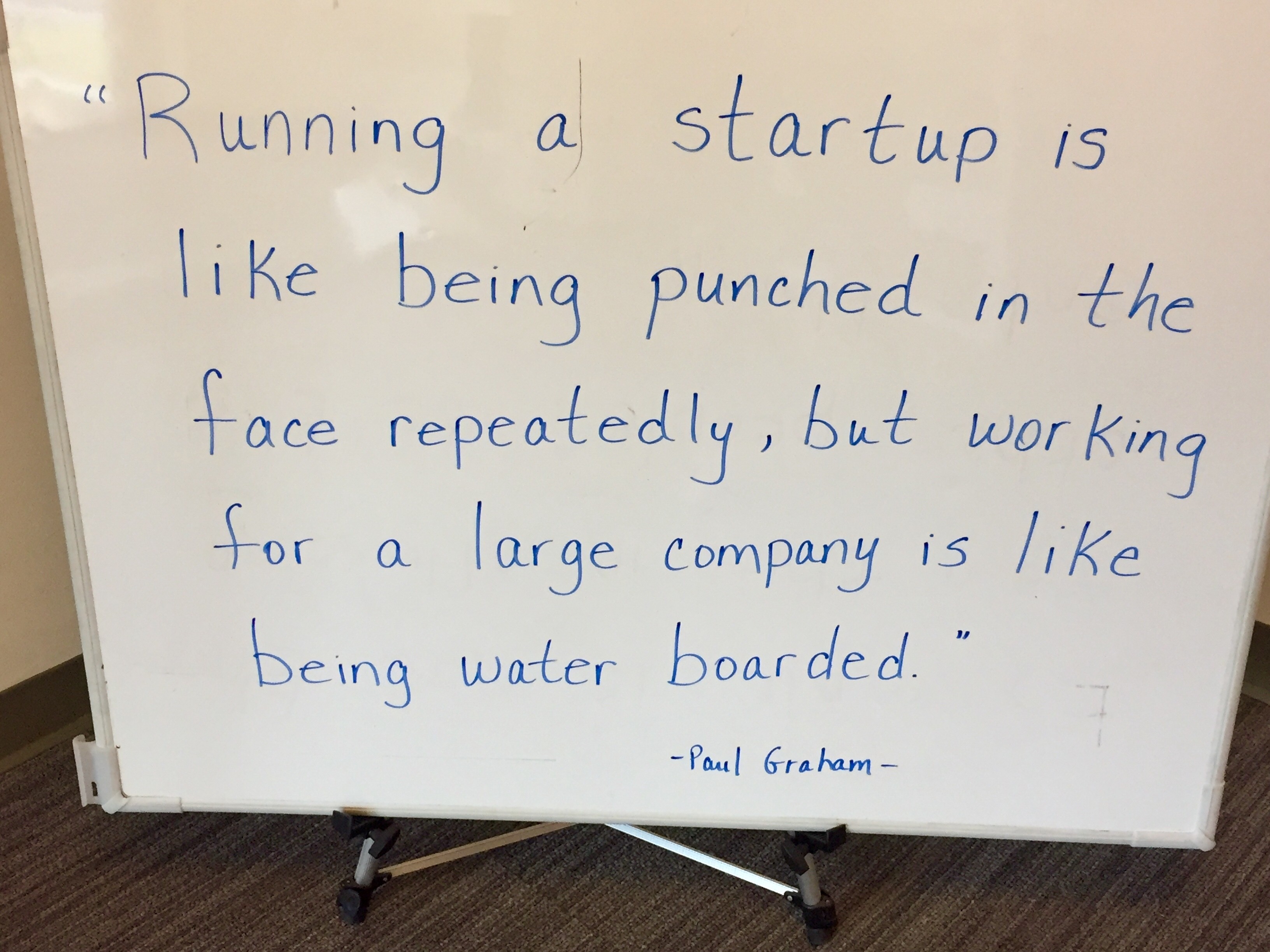
[content-1]